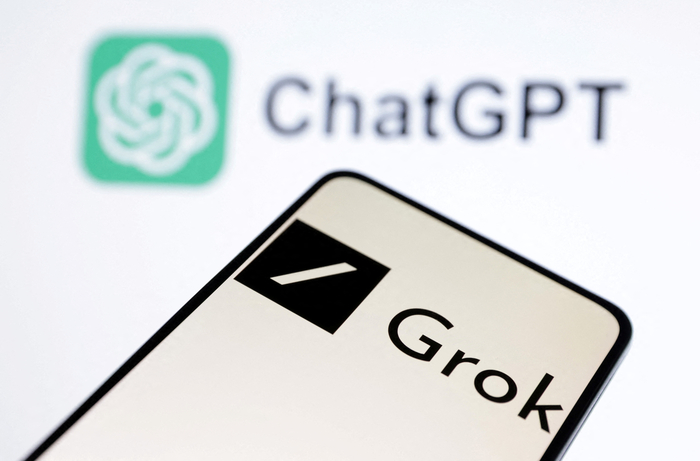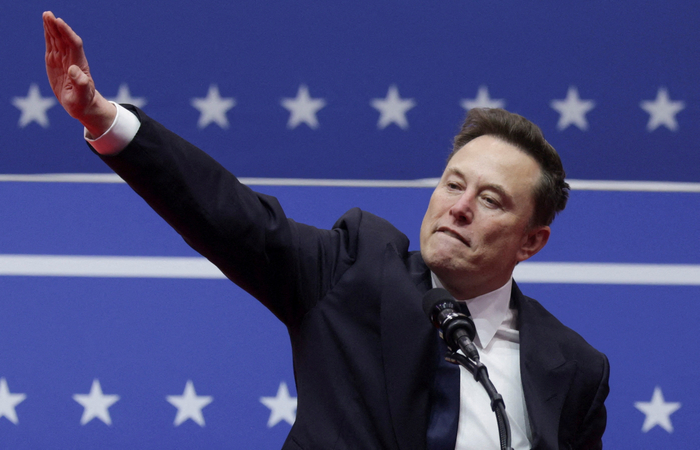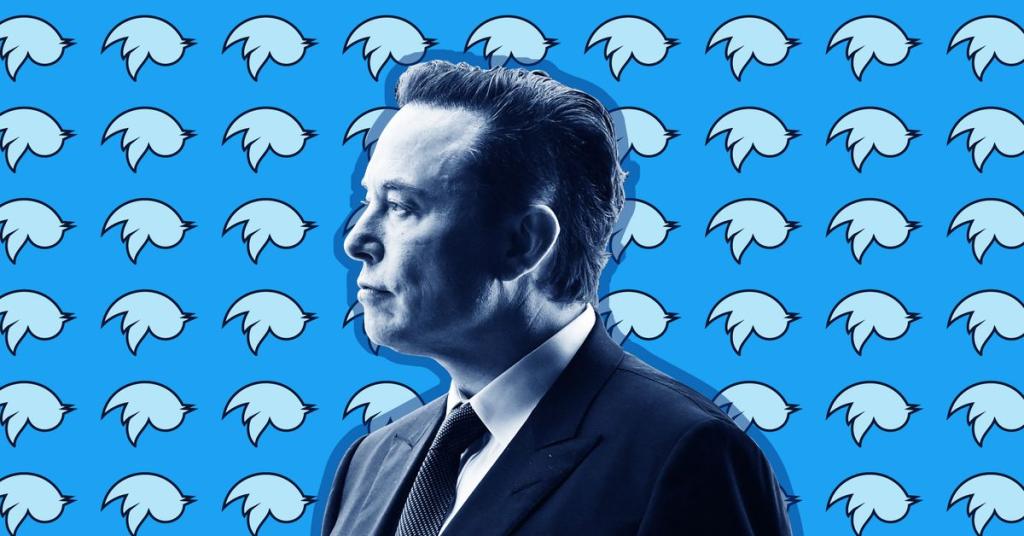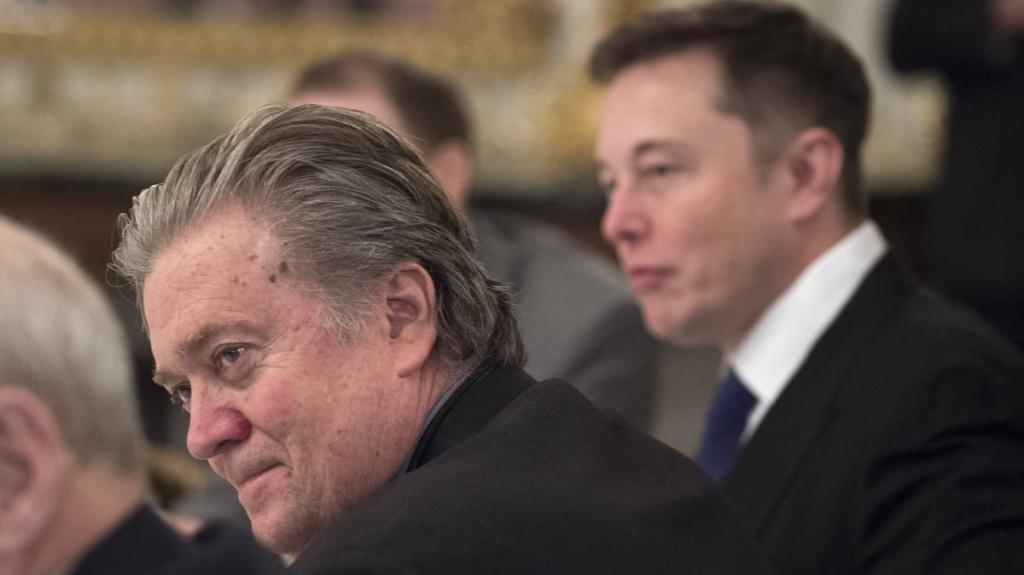Elon Musk Challenges OpenAI's Profit Shift in Legal Battle
Elon Musk's legal battle against OpenAI's profit shift highlights critical concerns about ethical AI practices and competition in the tech industry.

Key Points
- Elon Musk
is challenging
OpenAI's transition to a for-profit model, arguing it undermines the organization's original nonprofit mission.
- Musk's lawsuit alleges anticompetitive practices by OpenAI and Microsoft
, which inhibit investment in his AI venture, xAI.
- The ongoing legal dispute emphasizes the critical need for ethical practices and transparency in the rapidly evolving AI industry.
In the evolving landscape of artificial intelligence, a significant showdown has emerged between tech titan Elon Musk and OpenAI, the very organization he co-founded in 2015. Musk's recent legal maneuvers seek to challenge OpenAI's transition from a nonprofit model to a for-profit entity, which he argues betrays its foundational mission. This legal drama not only highlights the complex relationship between innovation and ethics in technology but also serves as a pivotal moment for the future of AI governance.
Background: The Transition of OpenAI
Initially conceived as a nonprofit organization, OpenAI set out with the noble aim of advancing digital intelligence in a way that would benefit humanity as a whole. However, as the demand for AI technologies surged, OpenAI has shifted towards a new structure that allows for profit-making—something that has raised eyebrows across the tech community. Musk has claimed that this transition reflects a path filled with “per se anticompetitive practices”, accusing the organization of abandoning its mission in pursuit of market dominance and profitability.

Musk's Legal Action Against OpenAI
The latest motion filed in the U.S. District Court for the Northern District of California underscores Musk's frustration. His attorneys are pushing for a preliminary injunction to halt OpenAI’s planned for-profit transition, arguing that it threatens both the public interest and the integrity of AI research. Musk's team asserts that without this injunction, “the OpenAI promised to Musk and the public will be long gone by the time the court reaches the merits”.
Furthermore, Musk's lawsuit accuses OpenAI of engaging in anticompetitive behavior, notably discouraging investors from supporting rival companies such as Musk's own new AI venture, xAI. This practice is positioned as a violation of the
, designed to promote fair competition. Musk claims that these actions not only undermine market equity but also directly harm his new enterprise.
The Impact of Microsoft on OpenAI's Direction
Complicating matters is OpenAI’s close relationship with Microsoft, which has invested over $13 billion in the organization. Musk's legal filings suggest that Microsoft's influence has compromised OpenAI's original altruistic aims. Allegations include sharing proprietary information between the two entities and engaging in strategic practices aimed at suppressing competition. Musk's arguments highlight a potential conflict of interest that could reshape the playing field for AI development.
The Broader Implications for AI Development
The ongoing feud raises essential questions about corporate ethics in the rapidly evolving AI sector. As technology companies race to develop new innovations, it becomes increasingly critical to examine the motives behind these shifts. Musk expresses concern that OpenAI's new direction—even as it may attract significant funding—could lead to a monopolistic environment that stifles competition.
By framing his lawsuit as a defense of OpenAI’s initial mission, Musk is positioning himself as a reluctant guardian of ethical AI practices. He previously warned that unchecked AI developments could represent “our greatest existential threat”. His lawsuits, therefore, are not only personal but resonate broadly with the ongoing discussions surrounding responsible AI governance.
A Call for Transparency and Responsibility
As the situation unfolds, it is clear that the relationship between Musk and OpenAI is emblematic of the broader tensions between innovation and ethical responsibility. The potential for AI companies to prioritize profit over public good poses significant risks, not only to competition but also to societal trust in these technologies. This legal battle may serve as a crucial touchpoint in defining what the future of AI looks like amidst such competing interests.
Ultimately, Musk’s legal challenges highlight a critical juncture for OpenAI. Can it maintain its original mission while operating in a profit-driven environment? Or will the allure of financial success eclipse the organization's foundational values? As we observe this ongoing battle, we are reminded of the importance of holding tech companies accountable to their promises and ensuring that the path of innovation remains aligned with the public’s interest.


